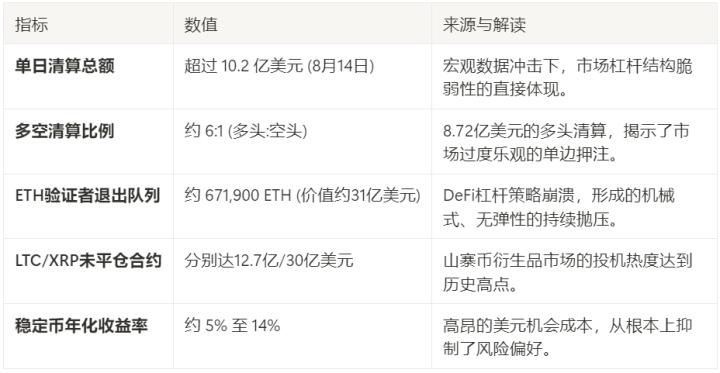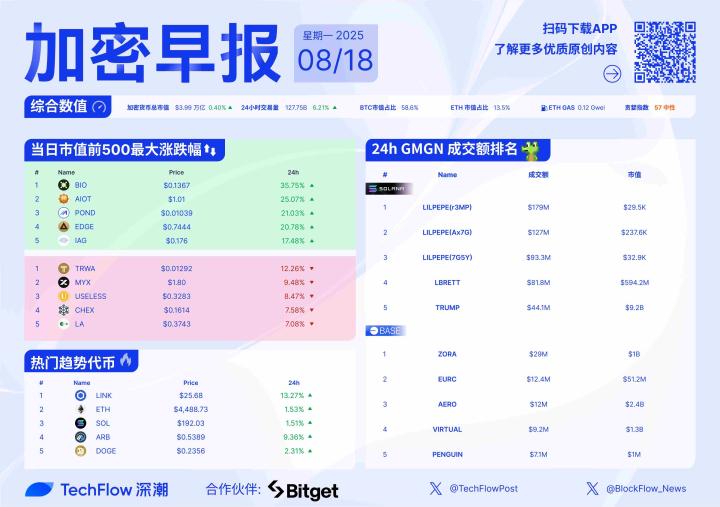Author: Zhou Zhou, Foresight News
In 2025, the sense of division in Hong Kong's crypto is becoming increasingly apparent.
"Every day, traditional financial institutions come to us to discuss crypto business, and we are also trying to promote new businesses on platforms like Youtube and X, collaborating with influential KOLs and bloggers," said a securities practitioner with enthusiasm and anticipation when discussing crypto business expansion.
On the other side, a blockchain company employee who recently joined and then chose to leave spoke in a dejected tone: "I'm leaving, I can't stand this state-owned enterprise style."
Same Hong Kong, same crypto ecosystem - some feel excitement and opportunities from the industry's economic upward trend, while others feel weariness and disappointment from institutional and cultural friction. Dramatic divisions are unfolding every day.
On one hand, almost all mainstream Hong Kong securities firms have already entered the crypto business. The latest statistics show that over 40 securities firms, more than 35 fund companies, and over 10 large banks and accounting firms have been involved in virtual asset business. For instance, Hong Kong's largest tech securities firm Futu Niuniu had already provided Bitcoin and ETH virtual asset trading services to clients as early as August last year, with daily average trading volume exceeding $35 million by the end of the year.
From securities firms, funds, banks, and auditing to insurance, mainstream Hong Kong financial institutions are methodically and comprehensively integrating crypto into Hong Kong's financial system. This has made some cross-industry crypto financial practitioners feel a long-missed innovative atmosphere and a sense of "economic upward beauty".
However, on the other hand, some Crypto Native professionals joining compliant companies are experiencing profound disillusionment - the decentralized utopia they once believed in is constantly colliding with regulatory, compliance, and financial logic. The challenge of maintaining Crypto Native "style" while seeking a share in the compliant industry is becoming an irreconcilable contradiction.
Integration
The Hong Kong crypto industry is gradually nurturing a new species through continuous division and integration of three main cultures.
The first culture is Crypto Native.
Companies like HashKey and OSL, early compliant crypto exchanges in Hong Kong, have absorbed many Crypto Native professionals who jumped from companies like Huobi, Bybit, and Binance, maintaining a relatively "original" cultural tone with an open, flexible, market-first atmosphere.
Similar to Digital Native, Crypto Native professionals are well-versed in the on-chain world, naturally sensitive and creative about crypto culture, believing in decentralization and technology without borders. However, currently, Crypto Native practitioners seem to be continuously diluted, with more internet finance and traditional finance professionals entering the industry and quickly dominating under the compliance framework.
[Translation continues in the same professional and accurate manner, maintaining the specified translations for specific terms]For practitioners who have grown up immersed in crypto and blockchain culture, they are accustomed to a life driven by code and community. However, today's Hong Kong compliant crypto industry is driven by policies, fundamentally creating two different ecosystems. Yet, many practitioners are not yet prepared to switch perspectives and positions between these different ecosystems.
The Hong Kong-style crypto industry is experiencing the growing pains of a policy-led forced integration. This pain not only involves the friction between policies and systems but also more deeply touches on the conflict and reconciliation between traditional financial culture, internet financial culture, and crypto native culture.
Opportunities: Are Some Making a Fortune Quietly?
At the birth of a new system, there are often opportunities for early participants to "make a fortune in silence". They get the first share in cross-border ventures.
For example, when stablecoins first emerged, Tether increased its trading volume 100-fold within a year, with annual trading volume exceeding $10 billion in 2017, over $1 trillion in 2020, and over $10 trillion in 2024. Similarly, when Binance was founded, its daily trading volume exceeded $100 million in the first two months, over $1 billion in the fourth month, and over $5 billion in the sixth month.
Of course, currently, no company in Hong Kong has seen such rapid business growth, but this doesn't mean some companies haven't reaped the first wave of dividends.
"Recently, traditional financial institutions have been approaching us daily to discuss crypto business. We're also trying to promote new businesses on platforms like Youtube and X, and collaborate with influential KOLs and bloggers," said a Hong Kong securities firm practitioner involved in crypto business.
"With Hong Kong embracing cryptocurrencies, over a hundred Web3 companies have settled here. Consulting on policies, applying for various licenses, and exploring different businesses require legal consultation, which provides substantial business demand for law firms focusing on crypto compliance," said a crypto practitioner familiar with law firms.
"Every Web3 company looking to develop long-term in Hong Kong will apply for a local bank account, generating numerous transactions, which has brought significant business to early banks focusing on this sector, such as ZA Bank," noted a practitioner from a compliant crypto exchange.
Opportunities in Hong Kong's crypto industry may not be limited to traditional exchanges, asset management, and stablecoin companies. Institutions providing "water-selling" services in the industry's development are often key beneficiaries.
And the companies truly making a fortune in silence are often only known to the public years later.
Hong Kong Crypto from Different Perspectives
"For Crypto Natives, Hong Kong's compliant crypto companies innovate too slowly, with a hint of bureaucracy and even state-owned enterprise characteristics. For traditional Hong Kong financial institutions, this year's innovation KPIs might have already been exceeded," commented a mid-to-high-level manager at a compliant crypto exchange.
The Hong Kong crypto industry appears entirely different from various perspectives.
For practitioners who grew up immersed in crypto and blockchain culture, they are accustomed to a pace driven by code and community. However, today's Hong Kong crypto industry is entirely policy-driven. The wild spirit is gone, innovation's edge dulled, replaced by compliant steadiness and restraint. Many Crypto Natives feel that Hong Kong's compliance is "castrating" the crypto world's original creativity, causing a rejection reaction that leaves them at a loss.
For some practitioners from traditional finance who are used to a safe and stable pace, Hong Kong's crypto innovation isn't slow but is developing methodically. Slow is fast; fast is slow.
Practitioners in this historical tide can only adapt. Whether loving or resisting, the historical current will ultimately roll forward.








